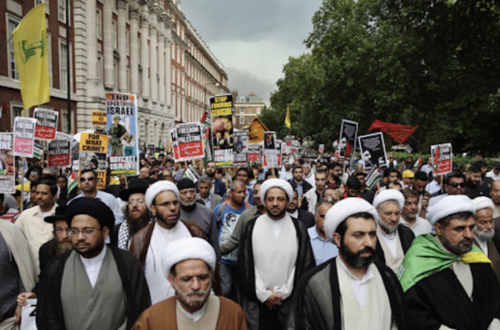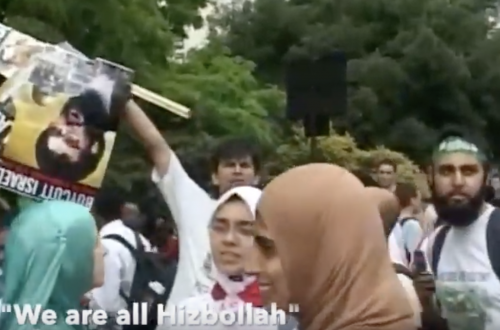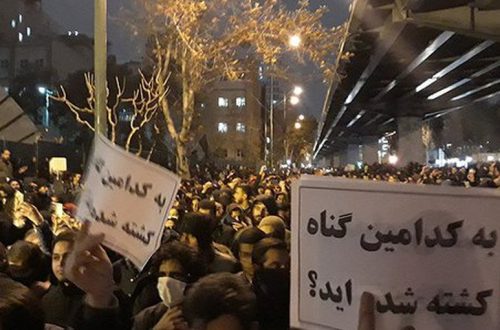Cross-posted from For a democratic secular Iran
At a time like this all efforts should be made to expedite regime defections. The whole establishment has run out of options and could crumble like a pack of cards if the right push is given. What is happening to the defected Iranian diplomat, Abolfazl Eslami in Japan, does not however inspire confidence, as he and his sons face deportation to the Islamic Republic by the Japanese authorities.
Abolfazl Eslami joined Iran’s Ministry of Foreign Affairs in 1986, but after the murder of Iranian born Canadian photojournalist, Zahra Kazemi, he decided to resign and encouraged his other discontented colleagues to resign too. Since he was previously the Iranian embassy councillor in Tokyo and it was not possible for him to contact Western embassies in Iran, Eslami decided to leave Iran for Tokyo.
In January 2006, he arrived in Tokyo. He was told Japan is a member of UNHCR and he could seek asylum there. As he waited for the UNHCR to complete his process, the Iranian regime traced his whereabouts and first tried to entice him into returning by bribes and promises and when that didn’t work, the tactics changed to physical harassment and threats and Eslami had to relocate his family outside Tokyo.
With the start of the Green Movement in Iran, Eslami was more encouraged and along with his two sons, took part in the demos outside the Iranian embassy in Tokyo. On May 16th, this year, his house was raided by seven Japanese policemen after a complaint was made by Abbas Eraghchi, the IRI ambassador to Tokyo. The Japanese police wanted to detain his two sons who had splashed green paint on the embassy walls.
Eslami and his sons were taken to a police station and interrogated for hours. Eslami explained that he and his sons were demonstrating against the cruelty of the regime in Iran but the Japanese police were more interested in that splashing paint on a public building wall is a criminal act with a maximum of three years imprisonment, 300000 Yen fine and payment of the cleaning expenses. Even worse, Eslami was told his two sons faced deportation back to Iran after their student visa ran out. Eslami explained what would happen to them if they were deported to Iran, but the Japanese police were unsympathetic and said ‘If prison and torture is the punishment for opposing the government in Iran, then your sons should obey the Iranian law’.
The Japanese police were keen to show some flexibility however, if Abolfazl Eslami and his sons apologised to the Iranian ambassador in Tokyo, then he may be persuaded to drop the charges.
Not exactly an inspiring story to encourage other regime officials to defect. Imagine if a Soviet diplomat defected during the cold war years, I am sure he wouldn’t have been treated like this.


